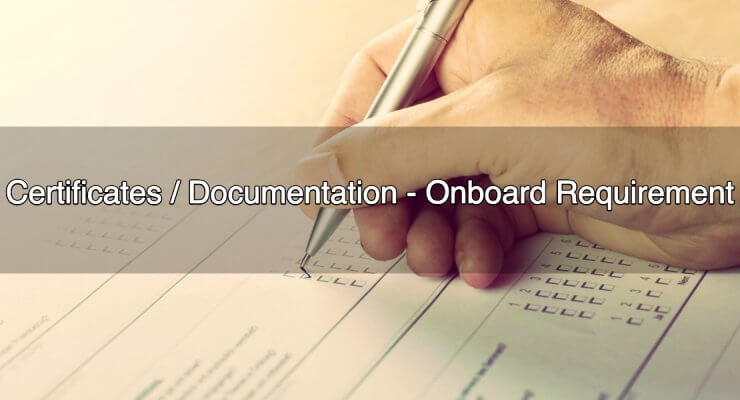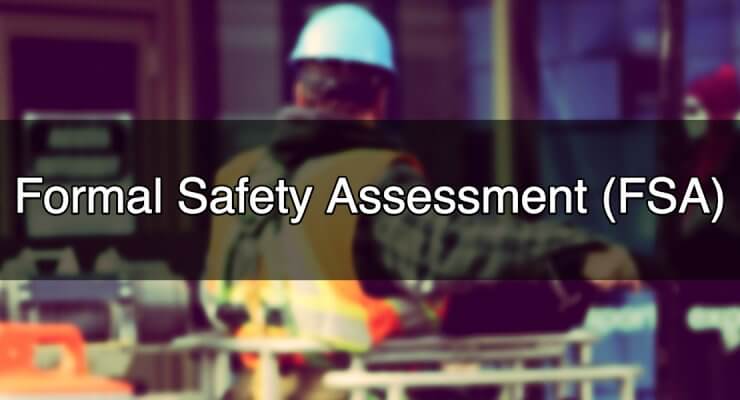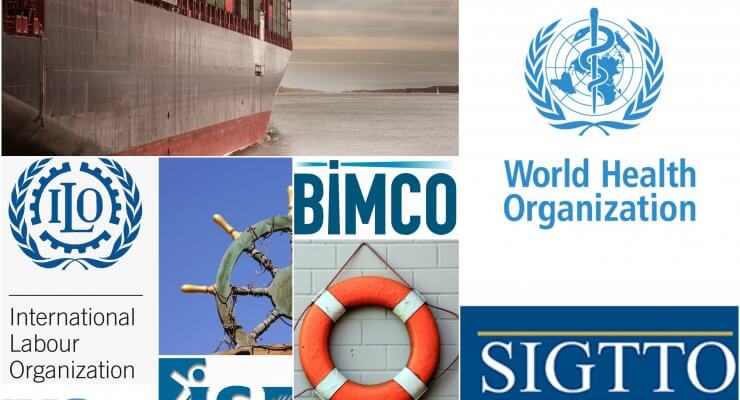Certificates and Documentation - For All Ships *Originals OnboardInternational Tonnage Certificate (1969) International Loadline Certificate International Loadline Exemption Certificate Intact Stability Booklet Damage Control Plans and booklets Minimum Safe Manning Document Fire Safety Training Manual Fire Control Plan / Booklet Onboard Training and Drill Records Fire Safety Operational Booklet Certificate for Masters, Officers and Ratings International Oil Pollution Prevention Certificate Oil Record Book Shipboard Oil Pollution Emergency Plan … [Read more...]
Formal Safety Assessment (FSA) – Guidelines for use in IMO Rule Making Process
Historic Background for FSANuclear Industry in the 60s: Probabilistic Safety Assessments Chemical Industry in the 70s: QRA, Seveso Directive I and II Offshore Industry in the 80s: QRA, Industrial Self Regulation Regime in Norway, Safety Case Regime in UK Shipping Industry in the 90s: FSA1992: UK House of Lords, Lord Carver Report 1993, MSC 62: UK proposes FSA concept 1997, MSC 68: FSA Interim Guidelines 2001, MSC 74: FSA GuidelinesDefinition Formal Safety Assessment or FSA is a structured and a systematic methodology aimed at enhancing Maritime Safety … [Read more...]
International Institutions and their Association with Shipping (ILO, WHO, ISF, ICS, BIMCO, SIGTTO, OCIMF)
The international institutions that have a bearing on the international maritime transportation, maritime affairs in general or/and have an association with shipping but not limited to are as below:International Maritime Organisation (IMO) International Labour Organisation (ILQ) World Health Organisation (WHO) International Shipping Federation (ISF) International Chamber of Shipping (ICS) The Baltic and International Maritime Council (BIMCO) Society of International Gas Tankers and Terminals Operators (SIGTTO) Oil Companies International Marine Forum … [Read more...]
International Maritime Organization or IMO: what it is, what it does and how it works ?
International Maritime Organization (IMO) is a specialised agency of the United Nations dealing with maritime affairs , the main concern of which was to evolve international maritime structure to improve safety at sea. Because of the international nature of the shipping industry, it had long been recognised that action to improve safety in maritime operations would be more effective if carried out at an international level rather than by individual countries acting unilaterally and without coordination with others. Although a number of important international agreements had already been … [Read more...]



